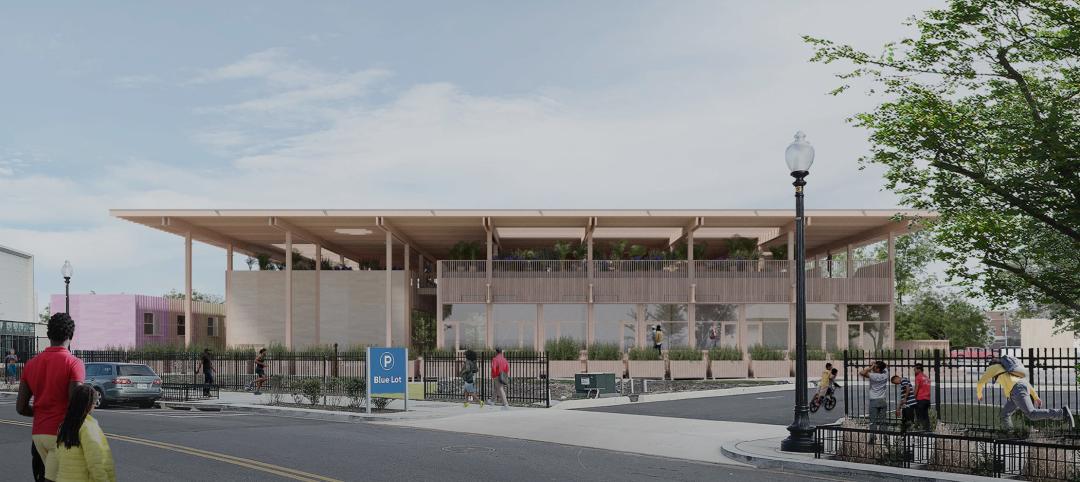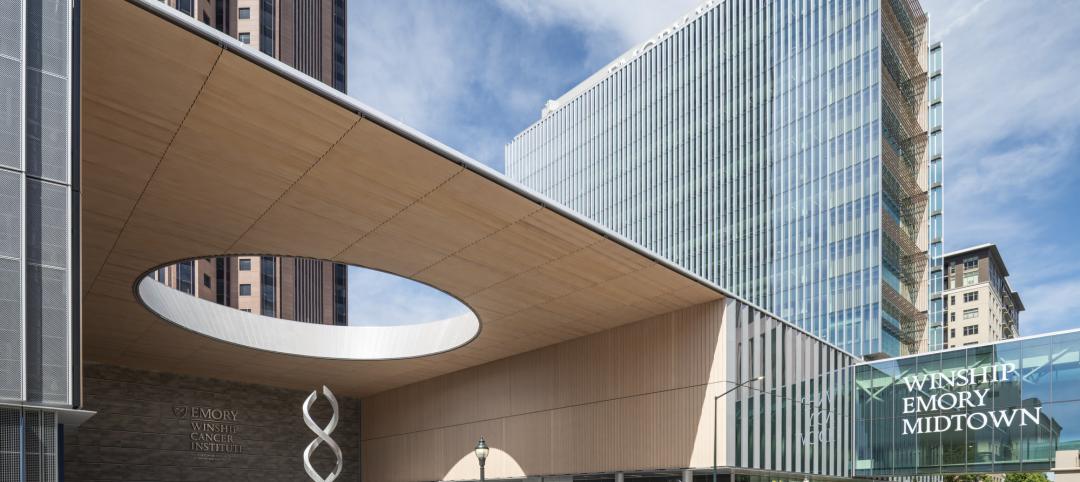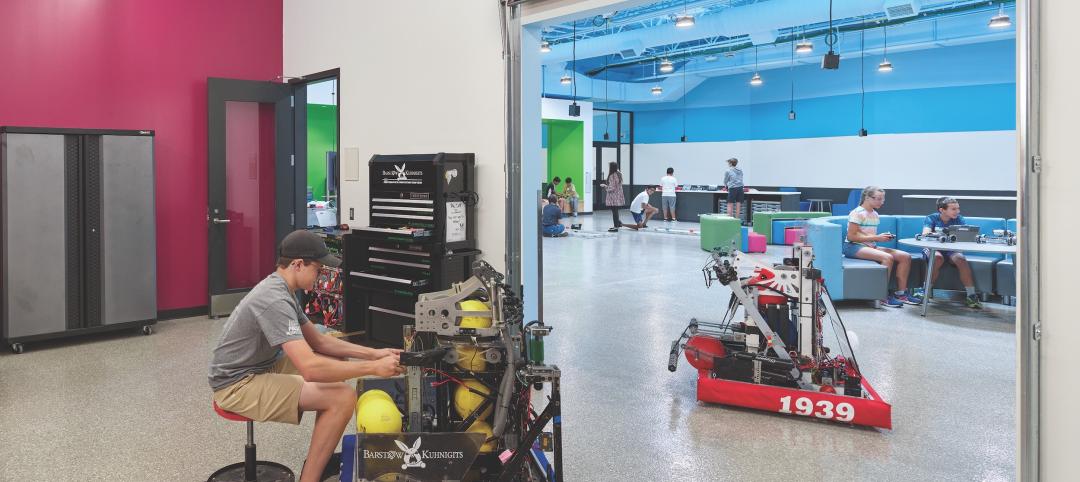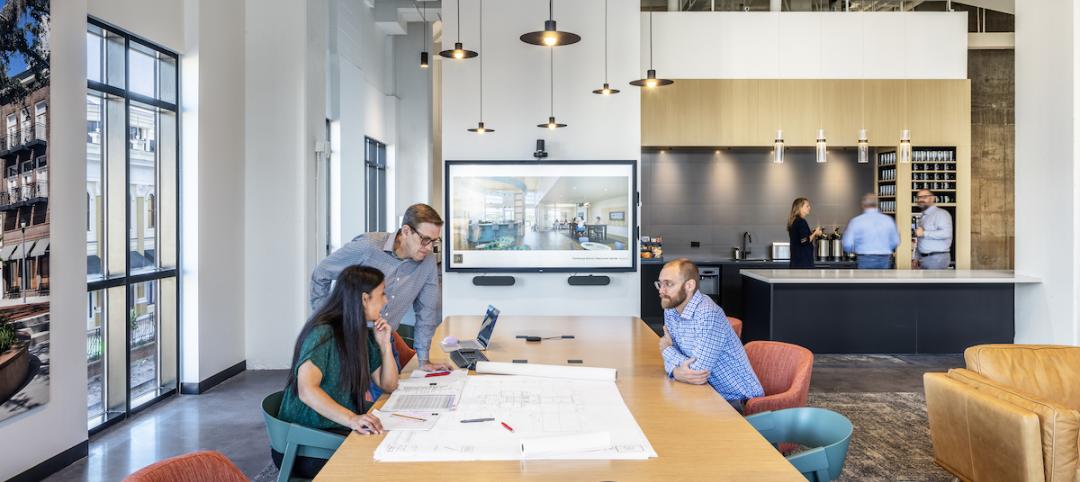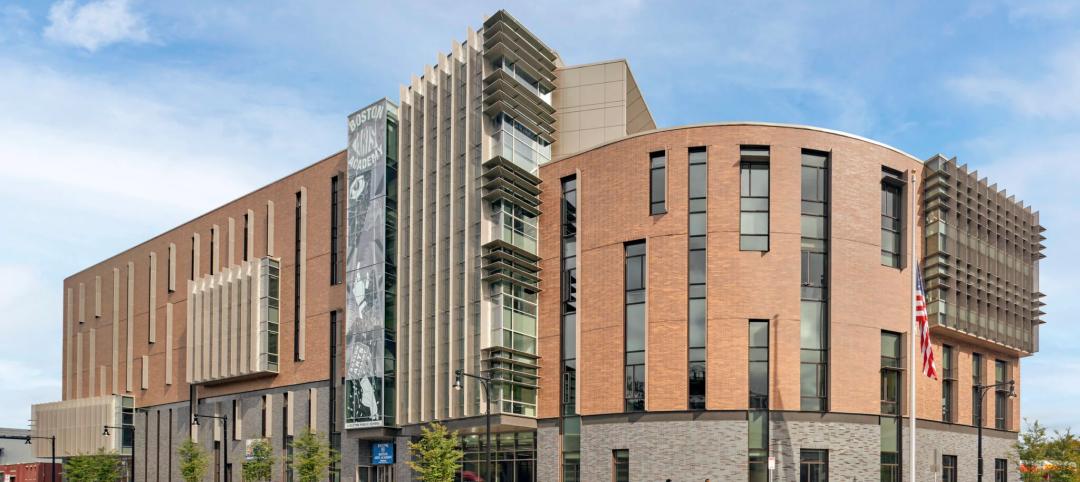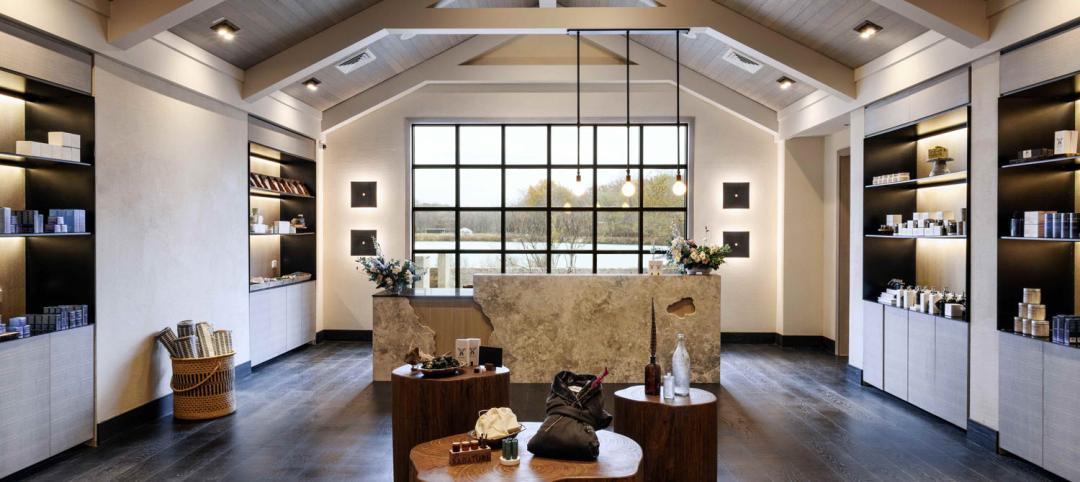Ongoing evolution in the retail industry—including near-global access to the Internet and speedy adoption rates of smartphones—is forcing retailers to create a brick-and-mortar shopping experience that rivals the convenience and immediacy of the Internet. As a result, hundreds of retailers in thousands of locations are committing capital to renovating stores for an enhanced overall customer experience.
“There is no disputing that the Internet is having a significant impact on consumer buying trends and retailer strategies,” said Steve Jones, Managing Director, JLL. “But almost 95 percent of sales continue to take place in stores, which means that as technology changes to improve customer experiences, the brick and mortar stores also must change.”
Omni-channel shopping, technology, and Big Data are shaping how retailers approach the customer experience and their consequent renovation programs. Retailers should consider these three key questions when defining the type and magnitude of renovations to enhance their customers’ experiences:
1. Are we offering an omni-channel experience?
Retailers striving to build a true omni-channel experience are merging at-home, in-store and mobile commerce into one seamless shopping experience. Customers want continuity, so the look and feel of every channel, from mobile to desktop to in-store, should be the same.
For example, AMC Theatres recently added an expanded food and beverage menu to concession stands and replaced conventional movie chairs with wide, comfortable recliners. In addition, AMC began offering guests the opportunity to buy tickets online—and reserve actual seats at the theatre—before arriving. The omni-channel experience of buying tickets online translates to a brick-and-mortar customer experience unrivalled in the entertainment industry. In fact, AMC sells more tickets with fewer seats – to sold out audiences.
2. Are we leveraging the right technology?
To keep people in their stores, smart retailers are making their locations interactive and engaging with the right technology. Tablets and smartphones can be used to promote convenience by taking customer payments rather than making them wait in line, demonstrate product features, offer more item options and encourage social sharing. In addition to tablets, the use of large displays purposefully engross customers, making them forget they’re inside a store.
“Retailers are fighting to gain and keep consumer attention, but interactive experiences rooted in technology can help combat disengagement,” said Steve Yenser, National Retail Brokerage Lead, JLL. “Technology will be crucial to the future role of the store, as today's consumers need a reason to come into a physical retail place, beyond merely making a transaction, because a transaction can take place anywhere and anytime.”
3. Are we collecting actionable data to help personalize the customer experience?
An Infogroup Targeting Solutions study found that 54 percent of marketers have already invested in data solutions to date, and nine out of 10 plan to do so in 2014. Smart retailers know that truly personalized experiences are only possible when customer information about behavior, history and whereabouts is gathered. Collecting this actionable data through customer loyalty programs, point of sale data and online shopping behavior ultimately enables retailers to implement dynamic browsing, customized displays, personalized recommendations and shopper-specific discounts.
JLL and Food Lion collected data that revealed that the grocer’s customers were increasingly focused on produce. Based on that finding, Food Lion wasted no time renovating its stores to better position its produce offerings and, in the process, enhancing the overall customer experience.
Jones notes that in addition to the renovation work completed at AMC and Food Lion, smart retailers can enhance the customer experience and ultimately maximize return on investment of store renovations with modified layouts, in-store kiosks, virtual walls, virtual dressing rooms, augmented reality and new product offerings.
“Customer experience is individual to each retailer and the clients they target,” said Jones. “It’s crucial for retailers to ask the right questions and understand the role big data, technology and the omni-channel experience play in their overarching strategy so the appropriate renovations programs can be developed.”
About JLL
JLL’s Retail Group serves as the industry’s leader in retail real estate services. The firm’s more than 850 dedicated retail experts in the Americas partner with investors and occupiers around the globe to support and shape investment and site selection strategies. Its retail specialists provide independent and expert advice to clients, backed by industry-leading research that delivers maximum value throughout the entire lifecycle of an asset or lease. The firm has more than 80 retail brokerage experts spanning 20 major markets, representing more than 100 retail clients. As the largest third party retail property manager in the United States, JLL’s retail portfolio has 305 centers, totaling 65.7 million square feet under management in regional malls, lifestyle centers, grocery-anchored centers, power centers, central business districts, transportation facilities and mixed-use projects.
For more news, videos and research from JLL’s Retail Group, please visit: www.jllretail.com
Related Stories
Retail Centers | Jun 2, 2023
David Adjaye-designed mass timber structure will be a business incubator for D.C.-area entrepreneurs
Construction was recently completed on The Retail Village at Sycamore & Oak, a 22,000-sf building that will serve as a business incubator for entrepreneurs, including emerging black businesses, in Washington, D.C. The facility, designed by Sir David Adjaye, the architect of the National Museum of African American History and Culture, is expected to attract retail and food concepts that originated in the community.
Mixed-Use | Jun 1, 2023
The Moore Building, a 16-story office and retail development, opens in Nashville’s Music Row district
Named after Elvis Presley’s onetime guitarist, The Moore Building, a 16-story office building with ground-floor retail space, has opened in Nashville’s Music Row district. Developed by Portman and Creed Investment Company and designed by Gresham Smith, The Moore Building offers 236,000 sf of office space and 8,500 sf of ground-floor retail.
Healthcare Facilities | Jun 1, 2023
High-rise cancer center delivers new model for oncology care
Atlanta’s 17-story Winship Cancer Institute at Emory Midtown features two-story communities that organize cancer care into one-stop destinations. Designed by Skidmore, Owings & Merrill (SOM) and May Architecture, the facility includes comprehensive oncology facilities—including inpatient beds, surgical capacity, infusion treatment, outpatient clinics, diagnostic imaging, linear accelerators, and areas for wellness, rehabilitation, and clinical research.
K-12 Schools | May 30, 2023
K-12 school sector trends for 2023
Budgeting and political pressures aside, the K-12 school building sector continues to evolve. Security remains a primary objective, as does offering students more varied career options.
Multifamily Housing | May 30, 2023
Boston’s new stretch code requires new multifamily structures to meet Passive House building requirements
Phius certifications are expected to become more common as states and cities boost green building standards. The City of Boston recently adopted Massachusetts’s so-called opt-in building code, a set of sustainability standards that goes beyond the standard state code.
Architects | May 30, 2023
LRK opens office in Orlando to grow its presence in Florida
LRK, a nationally recognized architectural, planning, and interior design firm, has opened its new office in downtown Orlando, Fla.
Urban Planning | May 25, 2023
4 considerations for increasing biodiversity in construction projects
As climate change is linked with biodiversity depletion, fostering biodiverse landscapes during construction can create benefits beyond the immediate surroundings of the project.
K-12 Schools | May 25, 2023
From net zero to net positive in K-12 schools
Perkins Eastman’s pursuit of healthy, net positive schools goes beyond environmental health; it targets all who work, teach, and learn inside them.
Contractors | May 24, 2023
The average U.S. contractor has 8.9 months worth of construction work in the pipeline, as of April 2023
Contractor backlogs climbed slightly in April, from a seven-month low the previous month, according to Associated Builders and Contractors.
Mass Timber | May 23, 2023
Luxury farm resort uses CLT framing and geothermal system to boost sustainability
Construction was recently completed on a 325-acre luxury farm resort in Franklin, Tenn., that is dedicated to agricultural innovation and sustainable, productive land use. With sustainability a key goal, The Inn and Spa at Southall was built with cross-laminated and heavy timber, and a geothermal variant refrigerant flow (VRF) heating and cooling system.


